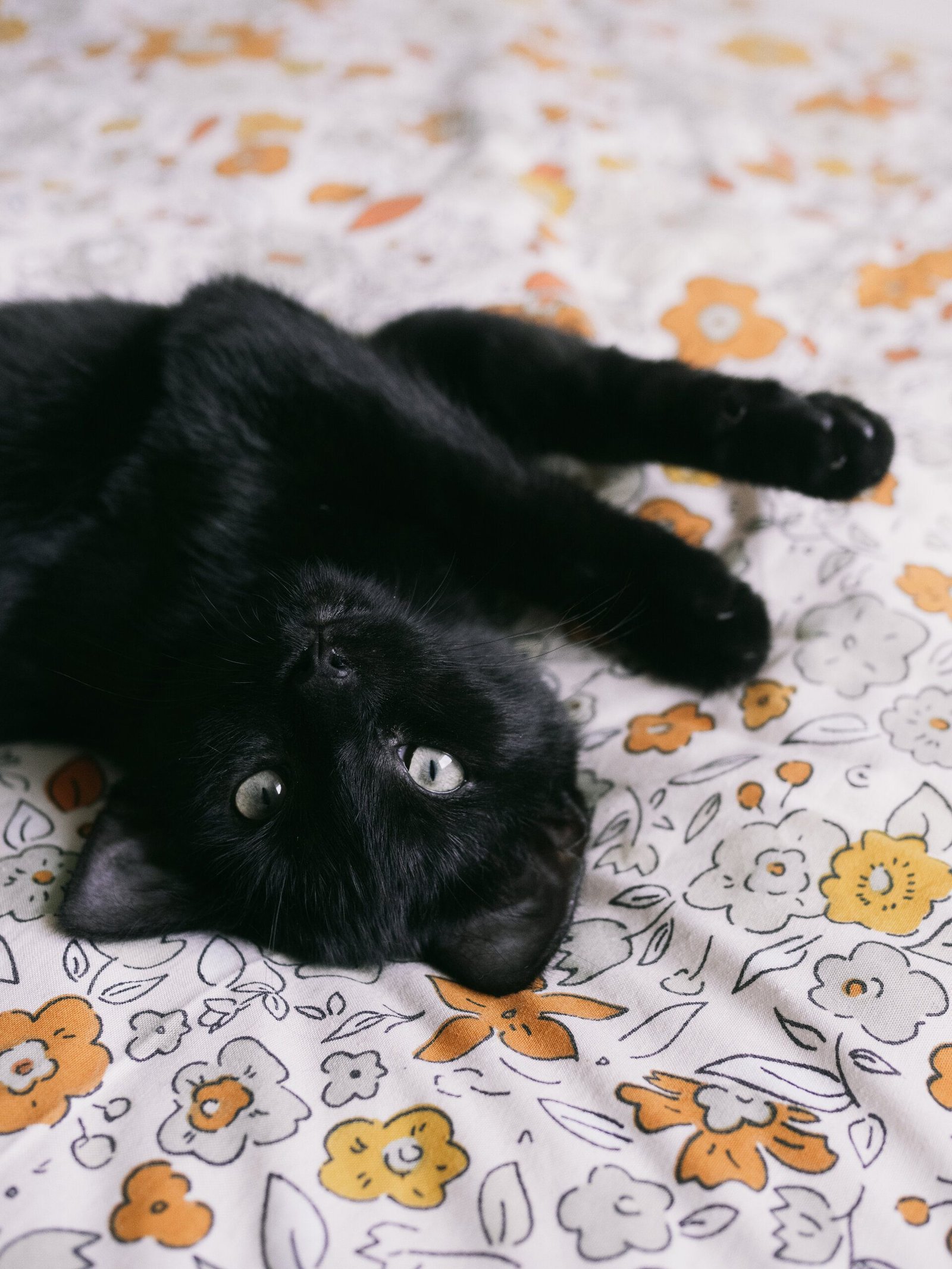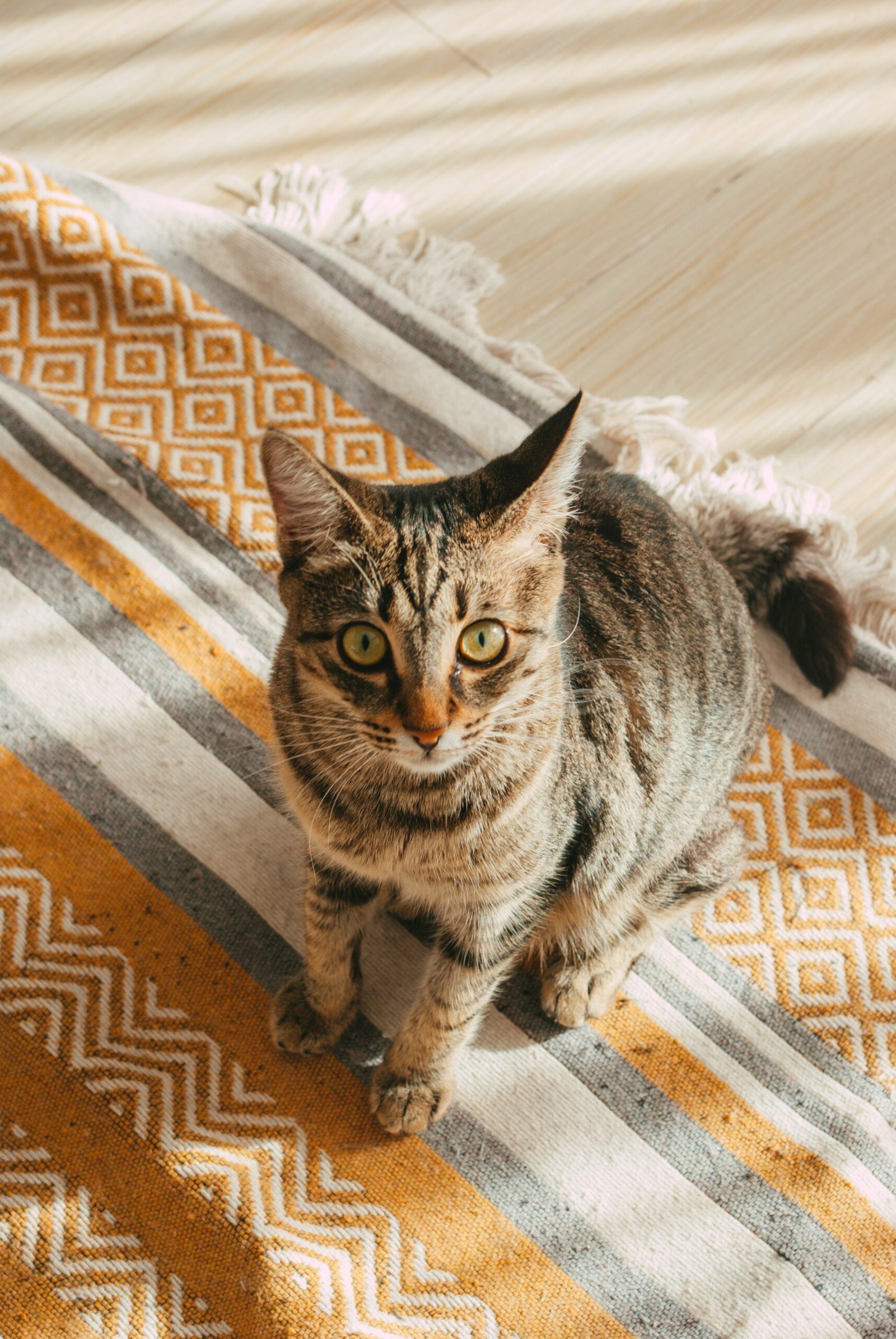Table of Contents
Thinking of getting a new pet? Consider capybaras! These adorable and sociable creatures have been gaining popularity as exotic pets in recent years. With their large, round bodies and friendly nature, capybaras make for unique and fascinating companions. However, before taking the plunge, it's important to understand whether capybaras are truly suitable as pets. From their specific needs to the legal restrictions in place, this article explores everything you need to know about owning a capybara. So, if you've ever wondered if these gentle giants could become a part of your family, keep reading to find out!

Personality and Behavior
Social nature
Capybaras are highly social animals, known for their friendly and docile nature. They thrive in the company of other capybaras or even other animals. They are often found in social groups in the wild, and this social nature carries over into domestic settings. Capybaras enjoy interacting with their human caregivers and can be affectionate and playful.
Compatibility with other animals
Capybaras can generally get along well with other animals, including dogs and cats, if introduced properly and under supervision. However, it is crucial to ensure that the other animals are not aggressive towards the capybara or pose a threat to their well-being. It is important to monitor their interactions closely to ensure the safety and happiness of all animals involved.
Difficulty in training
While capybaras are intelligent animals, they can be somewhat challenging to train. They have their own independent nature and may not respond to typical training methods used for dogs or other domesticated animals. Patience, consistency, and positive reinforcement are key when trying to train a capybara. It is important to start training sessions early in their life and be prepared for the possibility that certain behaviors may not be completely trainable.
Destructive behavior
Capybaras have strong teeth and are known to chew on various objects, including furniture and household items. Providing them with appropriate chew toys and regularly trimming their teeth can help minimize destructive behavior. It is essential to create a capybara-proof environment by removing any valuable or hazardous items that they may try to chew on.
Space and Housing Requirements
Need for ample space
Capybaras require a significant amount of space to thrive. Ideally, they should have access to a large, securely fenced yard or enclosure. They are natural grazers and need ample space to roam, graze on grass, and exhibit their natural behavior. A minimum of 1,200 square feet of space is recommended for a single capybara, with additional space needed for each additional capybara.
Enclosure setup
When setting up the capybara enclosure, it is essential to ensure that it is escape-proof, as capybaras are excellent swimmers and can dig under fencing. The enclosure should include a pool or other water source as capybaras enjoy swimming and soaking to regulate their body temperature. Providing vegetation, such as grass, bushes, and trees, will mimic their natural habitat and offer them places to hide and explore.
Indoor vs. outdoor
While capybaras can be kept both indoors and outdoors, having access to both environments is ideal. Indoor spaces can be used during inclement weather or extreme temperatures. Outdoors, they should have the opportunity to graze on vegetation and bask in the sun. Finding a balance between the two environments will allow capybaras to thrive and exhibit their natural behaviors.
Temperature and humidity control
Capybaras are native to South America, where temperatures and humidity levels are high. Therefore, it is important to provide adequate temperature and humidity control in their living environment. In colder climates, additional heating may be necessary to keep them comfortable. Monitoring and maintaining suitable temperature and humidity levels will help ensure the well-being of the capybara.

Feeding and Nutrition
Special dietary needs
Capybaras require a specialized diet that consists mainly of grasses and other plants. Their digestive systems are adapted to a high-fiber diet, and they need access to fresh grass and hay at all times. Additionally, their diet should be supplemented with fresh fruits and vegetables. It is crucial to avoid feeding them foods that are toxic to them, such as chocolate, caffeine, onions, and garlic.
Availability of suitable food
Providing capybaras with a suitable diet may require some effort, as not all types of grass and vegetation are readily available in all areas. It may be necessary to research and purchase specific types of grass or plant seeds that are suitable for their nutritional needs. Consulting with a veterinarian or an exotic animal specialist can provide guidance on the best dietary options for capybaras in a specific region.
Cost of feeding
Maintaining a capybara's diet can be costly, considering their high daily requirements for fresh grass, hay, fruits, and vegetables. Additionally, there may be additional costs for purchasing specialized grass or vegetation, especially if they are not naturally available. It is essential to factor in the ongoing cost of feeding a capybara when considering them as a pet.
Dental care
Capybaras have continually growing teeth, and providing the right chew toys, grass, and hay can help keep their teeth naturally worn down. Regular dental check-ups are necessary to ensure their teeth are healthy and prevent any dental issues. Dental care is an important aspect of their overall well-being, as dental problems can cause pain and difficulty eating.
Healthcare and Veterinary Considerations
Exotic pet veterinarians
Capybaras require specialized veterinary care and it is important to find a veterinarian experienced in treating exotic animals. Exotic pet veterinarians have the knowledge and expertise to provide proper medical care and preventive treatments specific to capybaras.
Vaccinations and preventive care
Capybaras, like other pets, require vaccinations and preventive care to protect them from various diseases. Routine vaccinations and parasite prevention are essential for their well-being. Regular check-ups with a veterinarian can help identify any health issues early on and ensure timely intervention.
Diseases and illnesses
Capybaras are susceptible to certain diseases and illnesses, including respiratory infections, skin conditions, and parasites. Early detection and timely treatment are crucial in managing these conditions. Regular veterinary check-ups and monitoring their overall health are necessary to prevent, diagnose, and treat any potential illnesses.
Ongoing medical expenses
Keeping capybaras in good health can be expensive. Along with routine veterinary care, there may be unexpected medical expenses. The cost of specialized medications, diagnostic tests, and any necessary treatments should be taken into consideration when deciding to have a capybara as a pet.

Legal Restrictions and Permit Requirements
Laws regarding pet capybaras
Before considering capybara ownership, it is essential to research and understand the local, state, and national laws concerning the legality of owning a capybara as a pet. Some areas may have specific regulations or outright bans on pet capybaras due to their unique characteristics and care requirements.
Permit application process
In areas where capybara ownership is legal, obtaining a permit or license may be required. The permit application process typically involves providing information about the capybara's living conditions, care arrangements, and adherence to specific guidelines. It is important to thoroughly understand and comply with all permit requirements to ensure legal ownership.
Ownership regulations
Ownership regulations can vary significantly depending on the jurisdiction. Some areas may have restrictions on the number of capybaras an individual can own or specific regulations regarding enclosure size and safety. It is crucial to familiarize oneself with the ownership regulations to ensure compliance and avoid potential legal consequences.
Consequences of illegal possession
Possessing a pet capybara without proper permits and adherence to legal regulations can have severe consequences. Legal consequences can include fines, confiscation of the animal, or even criminal charges. It is essential to respect the laws and regulations in place to protect both the capybara and the environment.
Lifespan and Long-term Commitment
Average lifespan
Capybaras have a relatively long lifespan for a rodent, averaging around 8 to 12 years in captivity. However, with proper care and a suitable environment, they can live well into their teens. It is important to be prepared for the long-term commitment of caring for a capybara throughout their lifespan.
Long-term commitment considerations
Capybara ownership requires a significant long-term commitment. They require daily care, attention, and companionship. Their specialized needs, including dietary requirements, veterinary care, and social well-being, should be planned for and accommodated throughout their entire life. Potential owners should carefully consider their ability to provide this level of commitment before bringing a capybara into their lives.
Plan for their care in the future
It is important to have a plan in place for the care of a capybara in the future. This includes making arrangements for their care in case of an emergency or when the owner is unable to provide care temporarily or permanently. Identifying suitable caregivers, such as trusted friends or family members, or finding reputable capybara sanctuaries, can ensure the well-being of the capybara if the owner is no longer able to provide care.
Financial implications
Owning a capybara comes with financial responsibilities. Along with the cost of purchasing or adopting the capybara, there are ongoing expenses for food, veterinary care, licensing, and enclosure maintenance. It is crucial to consider the financial implications and ensure that the necessary resources are available throughout the capybara's life.
Interaction and Bonding
Capybara-human bonding
Capybaras can form strong bonds with their human caregivers. Developing a bond with a capybara requires time, patience, and consistent positive interactions. Spending quality time with the capybara, providing affection, and engaging in positive reinforcement training can help foster a strong bond and trust between the capybara and their human companion.
Time and effort required
Building a bond and maintaining a relationship with a capybara requires a significant time and effort commitment. Capybaras are social animals and need regular interaction, attention, and mental stimulation. Daily playtime, training sessions, and grooming are necessary to ensure their emotional and social well-being.
Handling and grooming
Handling capybaras should be done with care and gentleness. They are large, powerful animals and can unintentionally cause harm due to their size and strength. Regular grooming is essential to maintain their coat's health and cleanliness. It is important to establish a positive association with handling and grooming from a young age to make these experiences enjoyable for both the capybara and their caregiver.
Play and exercise
Capybaras are active animals that require regular exercise and mental stimulation. Providing ample opportunities for play and exercise, such as access to open spaces, toys, and enrichment activities, is essential for their overall well-being. Engaging in interactive play sessions with their human caregiver can also help strengthen the bond between the capybara and their owner.
Ethical Considerations
Wildlife conservation
Capybaras are native to South America and play an important role in the ecosystem. It is essential to consider the impact of capturing capybaras from the wild for the exotic pet trade. Supporting conservation efforts and responsible breeding programs ensures the preservation of capybara populations in their natural habitats.
Responsible pet ownership
Owning a capybara is a significant responsibility. It is important to ensure that the necessary resources, knowledge, and commitment are in place to provide proper care for these unique animals. Regular veterinary care, appropriate diet, and providing opportunities for socialization and mental stimulation are essential aspects of responsible pet ownership.
Invasion of natural habitats
Capybaras are a species that thrives in specific habitats. Removing them from their natural environments for the pet trade can disrupt ecological balance and harm wild populations. It is important to consider the potential negative impact and opt for responsible ownership practices, including adopting or purchasing from reputable breeders, rather than supporting the removal of capybaras from their natural habitats.
Support for reputable sanctuaries
Capybaras require specialized care and resources. Supporting reputable sanctuaries that provide proper housing, veterinary care, and nutrition for capybaras is a responsible way to contribute to their well-being. Donations and volunteering can help ensure that capybaras have access to the care they need, even if individuals are not able to provide that care directly.
Pros of Capybara Ownership
Unique and fascinating companion
Capybaras are unique pets that can provide endless fascination and enjoyment for their owners. Their physical characteristics, behavior, and social nature make them fascinating animals to observe and interact with, offering a unique experience that is different from more common pet choices.
Unconditional love and affection
Capybaras have the potential to form strong bonds with their human caregivers. Their affectionate nature and gentle disposition make them capable of providing unconditional love to their owners. The joy of being loved and trusted by such a unique creature can be an incredibly rewarding experience.
Educational opportunities
Owning a capybara offers numerous educational opportunities for both children and adults. They provide a chance to learn about the natural behavior, diet, and habitat requirements of a species not commonly kept as pets. Educating oneself about capybaras can promote an appreciation for wildlife and conservation efforts.
Trivia and conversation starter
Having a capybara as a pet can be a conversation starter and provide unique talking points. Sharing interesting facts and anecdotes about capybaras can engage others in conversations about wildlife, exotic pets, and responsible pet ownership. Having a capybara as a pet can add a touch of curiosity and intrigue to one's life.
Cons of Capybara Ownership
Challenging care requirements
Capybaras have unique care requirements that can be challenging and time-consuming. Providing appropriate enclosure, diet, socialization, and veterinary care demand dedication and knowledge. The complex care needs of capybaras may not be suitable for everyone, especially those without the time, resources, or commitment to meet these requirements.
Expensive to maintain
The cost of owning a capybara goes beyond the initial purchase price. The ongoing expenses associated with their care, including food, veterinary care, enclosure setup, and maintenance, can add up significantly. It is important to consider the financial implications before deciding to bring a capybara into one's life.
Legal and regulatory challenges
Legal restrictions and permit requirements vary depending on the jurisdiction. Navigating the legal landscape, understanding regulations, and obtaining necessary permits can be complex and time-consuming. Failure to comply with legal requirements can result in serious consequences, including legal trouble and potential confiscation of the capybara.
Limited availability of specialists
Finding veterinarians and other specialists experienced in capybara care can be a challenge, especially in areas where capybaras are not commonly kept as pets. The scarcity of specialists may lead to difficulties in providing proper medical care and obtaining accurate guidance on capybara-specific issues.
In conclusion, capybaras have both positive and negative aspects to consider when contemplating them as pets. Their social nature, compatibility with other animals, and unique characteristics make them fascinating companions. However, their challenging care requirements, legal restrictions, and the need for specialized veterinary care should be thoroughly researched and considered. Owning a capybara requires a significant long-term commitment, both financially and in terms of time and knowledge. Responsible ownership practices, supporting conservation efforts, and ensuring the well-being of capybaras, both in captivity and in the wild, should always be a priority for potential owners.

